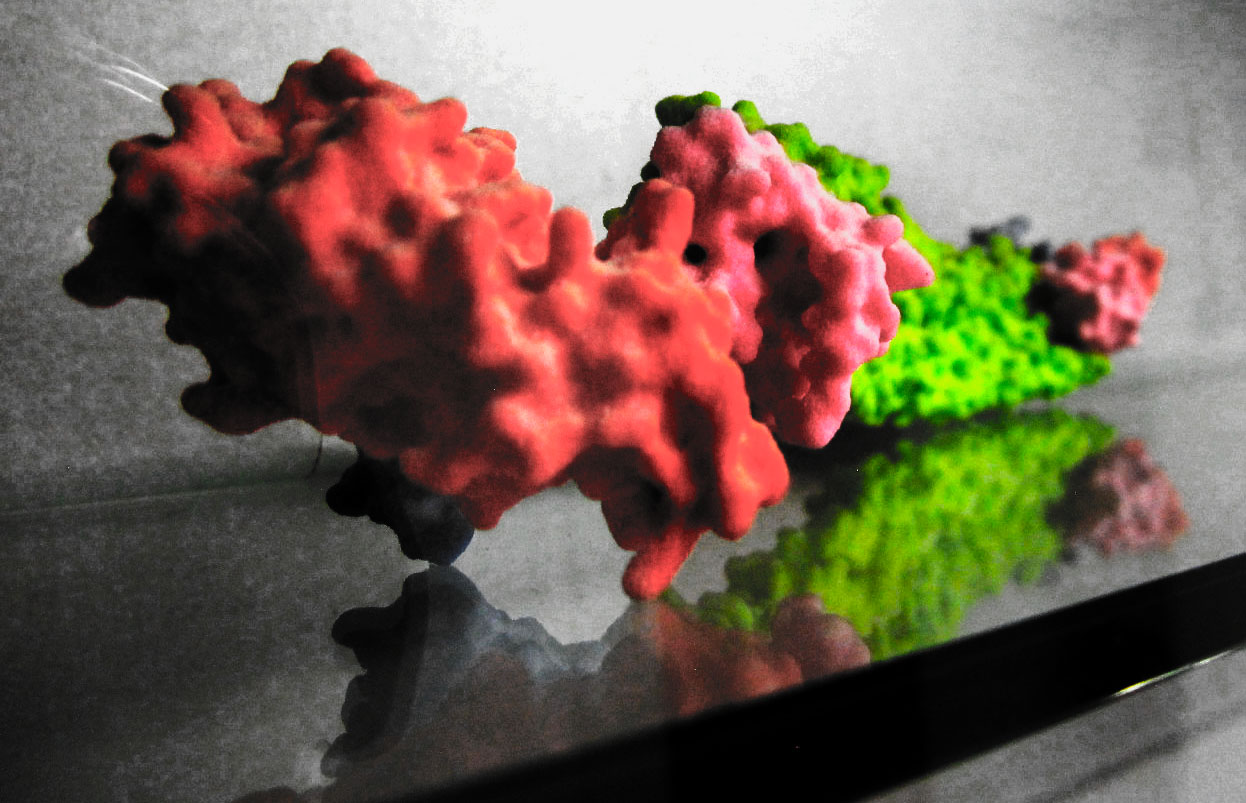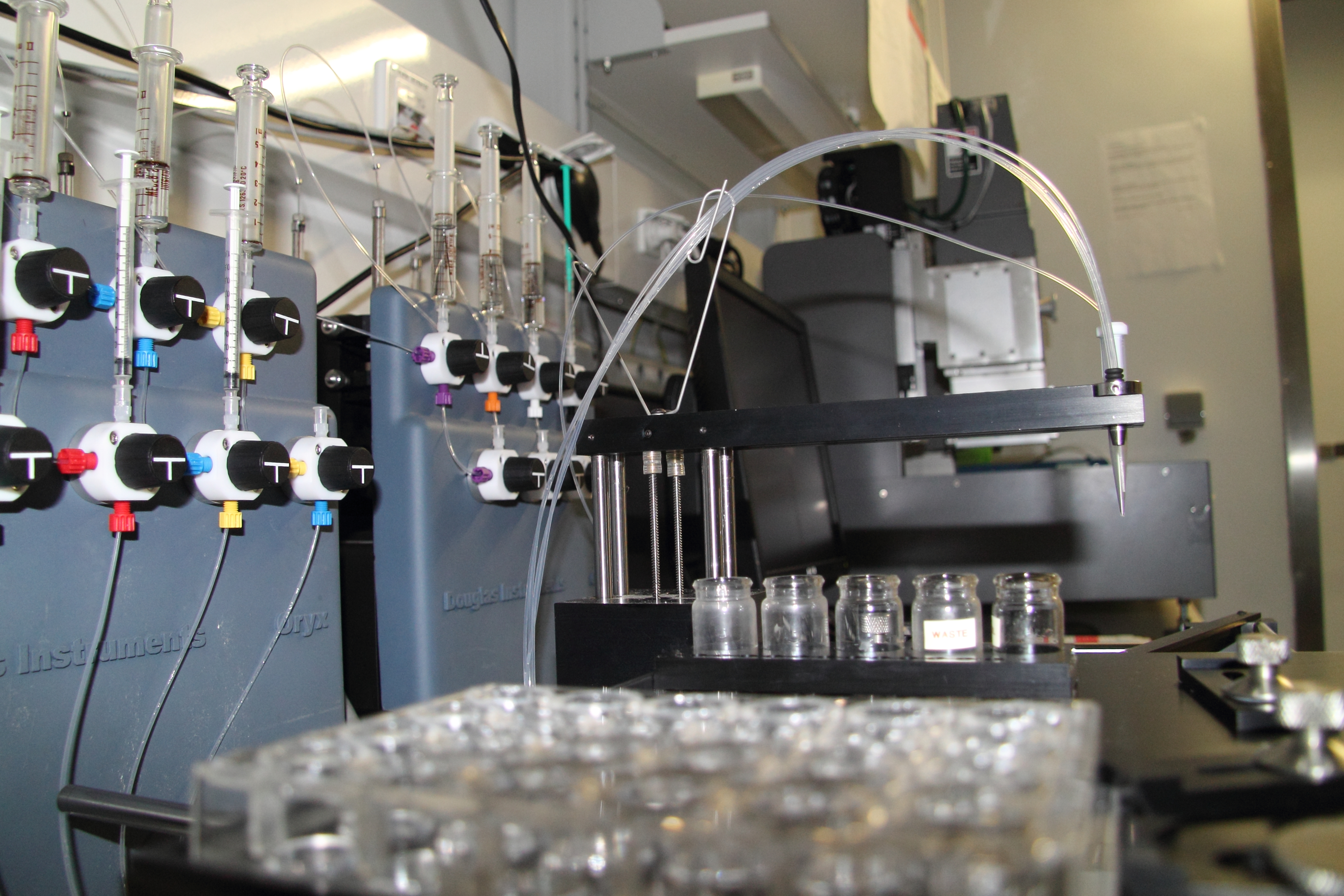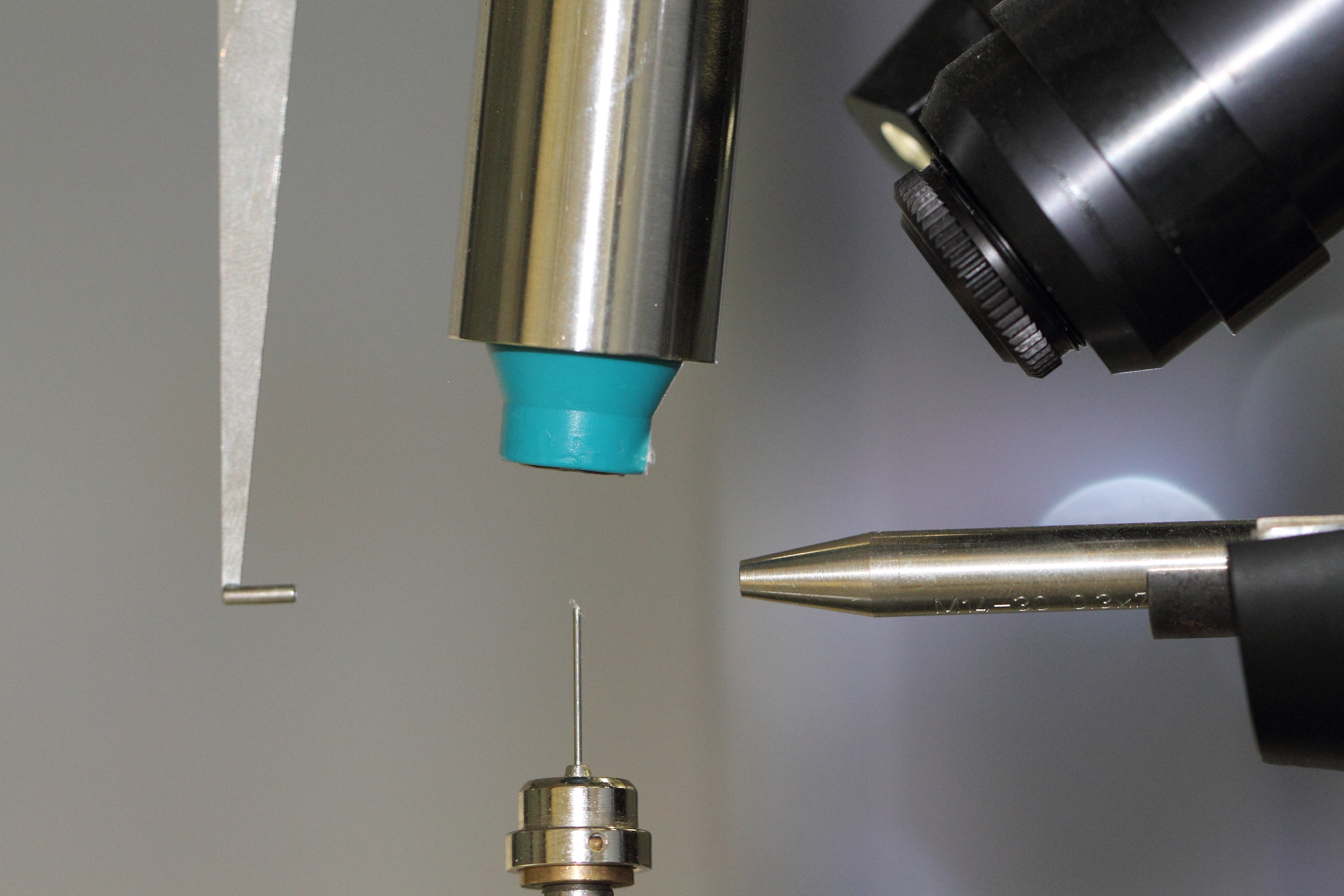CD Laboratory for High-Content Structural Biology and Biotechnology
Head of research unit

Commercial Partner
Duration
01.02.2024 - 31.01.2025
Thematic Cluster


This CD Laboratory explores new, previously inaccessible methods to infer the structure-based positions of proteins using a combination of computational methods and conventional methods of structural analysis.
The mode of action of proteins is essentially determined by their three-dimensional structure. Proteins with a similar amino acid sequence but different folding show different effects. Proteins can also change their mode of action by changing their structure, for example due to an altered cellular environment, or by binding a pharmacological agent. For this reason, analysing the structure-based positions of proteins is of great importance in modern biomedical and molecular biological research. However, the methods available are still subject to significant technical and scientific limitations. Therefore, this CD Laboratory combines novel computer-based methods for protein sequence analysis with biophysical techniques that were previously not accessible for the direct elucidation of three-dimensional structures of proteins, such as X-ray crystallography and NMR spectroscopy. The novel approach is characterised by the fact that it is based on a problem-oriented decision tree that is based on prior knowledge of the protein under investigation and its properties.
Research focuses on four areas: (1) intrinsically disordered proteins (IDPs), which represent a fundamental challenge for conventional structural biology and as drug targets; (2) rational approaches to antibody design and vaccine development using complementary information on protein structure, dynamics and thermodynamics; (3) structure-based optimisation of target proteins for biotechnology and enzyme sciences; (4) development of an integrated pipeline for optimised structural studies.
This broad yet integrated scientific approach increases the likelihood of success in the highly complex field of protein science.

Christian Doppler Forschungsgesellschaft
Boltzmanngasse 20/1/3 | 1090 Wien | Tel: +43 1 5042205 | Fax: +43 1 5042205-20 | office@cdg.ac.at

